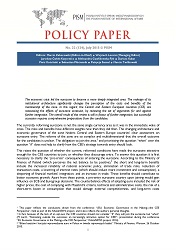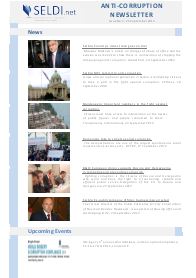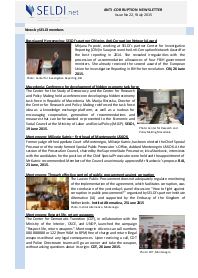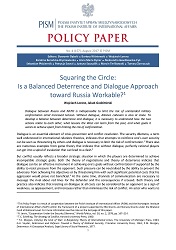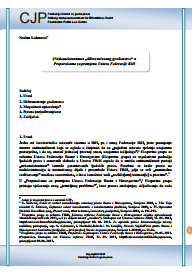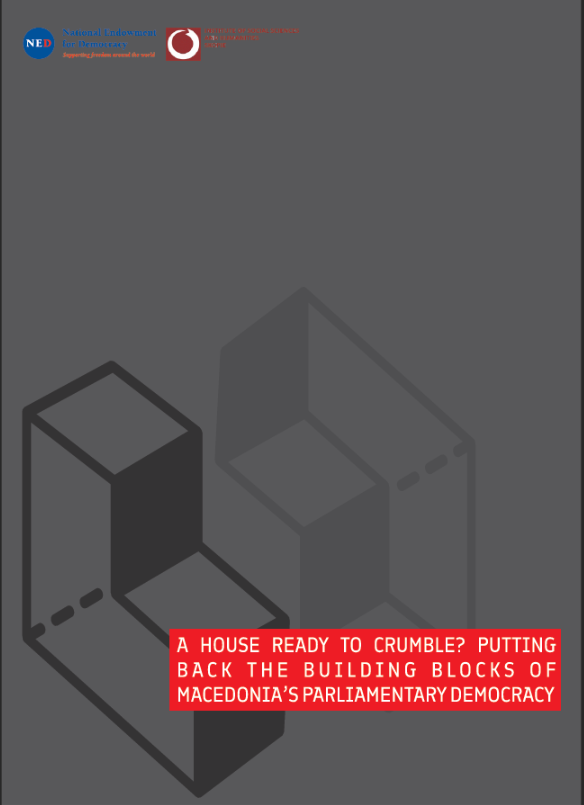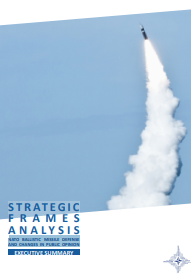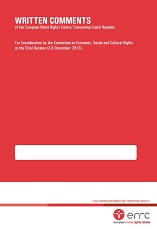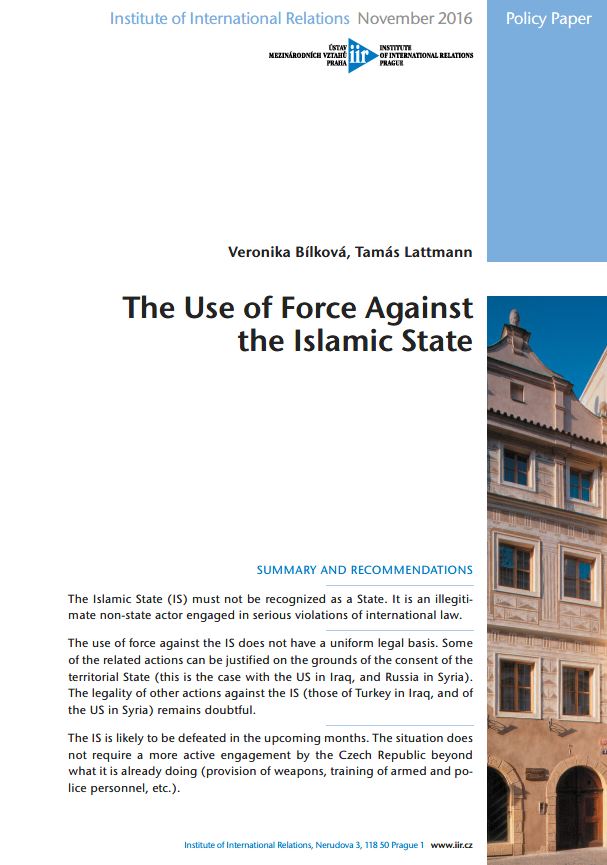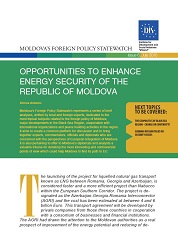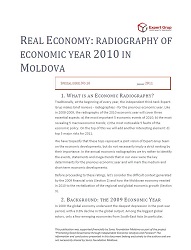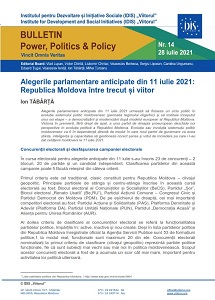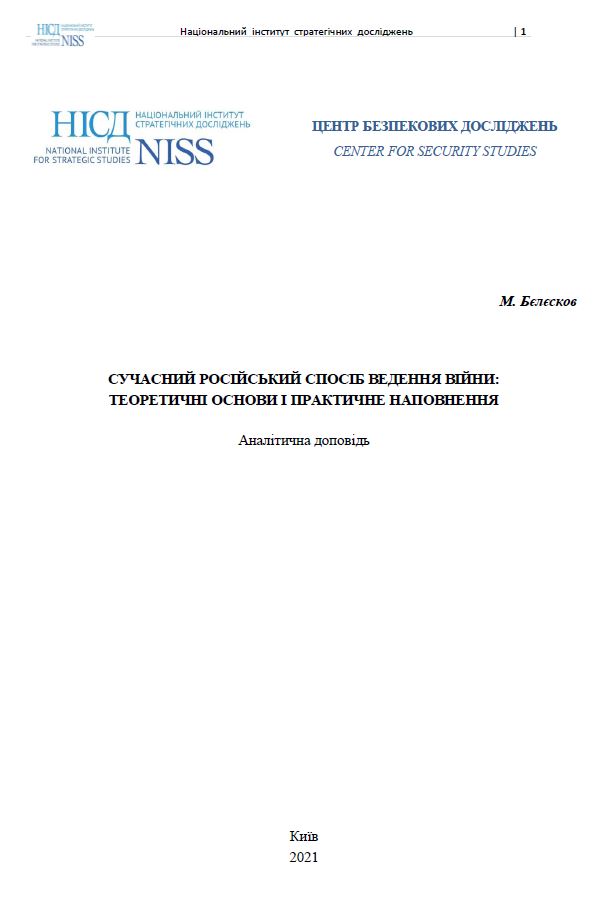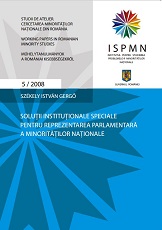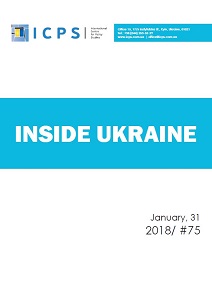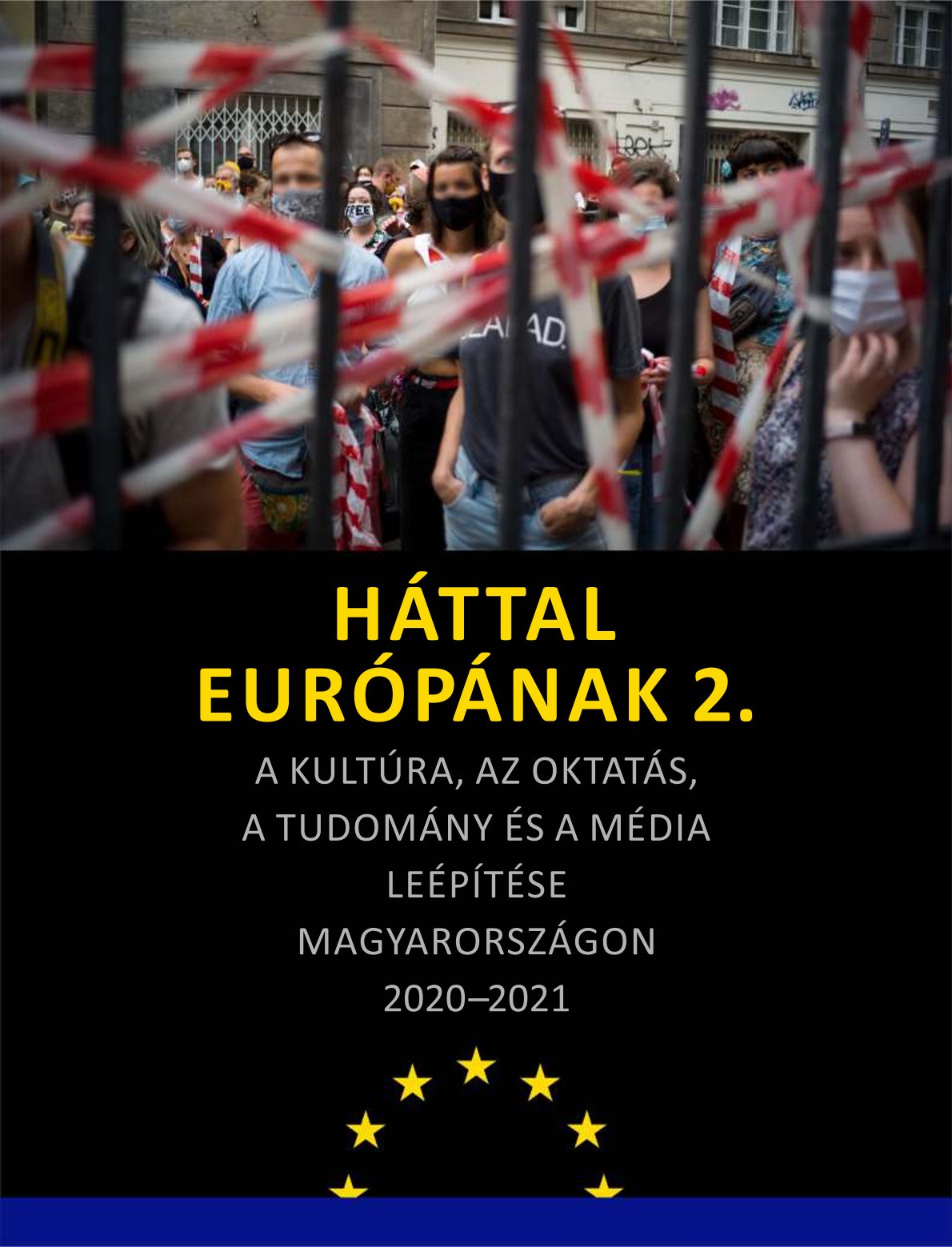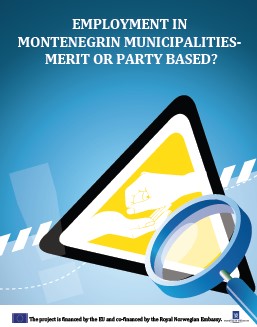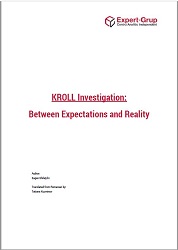(Ne)konzistentnost „diferenciranog građanstva“ u Preporukama za promjenu Ustava Federacije BiH
Author(s): Nedim Kulenović / Language(s): Bosnian
Keywords: Public law; constitution; citizenship; differentiating citizenship; amendment; BiH; FBiH; ethnic minorities;
U ovom veoma kratkom osvrtu razmotrene su posljedice koje dalja institucionalizacija „diferenciranog građanstva“ ima po prava pripadnika grupe koja se prethodno imenovala kao „Ostali“. Iako nisu provedena dublja teorijska razmatranja samog koncepta „diferenciranog građanstva“, i njegove opravdanosti u bosanskohercegovačkom kontekstu, uočen je značajan stepen nekonzistentnosti u njegovom modeliranju u Preporukama ekspertne grupe. Naime, ovakvo rješenje može rezultirati daljim različitim postupanjem, sada između dvije kategorije „Ostalih“, odnosno pripadnika nacionalnih manjina i etnički neopredijeljenih, a čije je barem pravno opravdanje veoma upitno. Ako je ovo zaista bila namjera Ekspertne grupe takva vrsta sistematskog isključivanja jedne kategorije građana iz participacije u strukturama vlasti FBiH zahtijevala bi naročitu vrstu opravdanja – kako s aspekta prava, tako i političke teorije – a koja ni u Preporukama, ni u Analizi, nije ponuđena. Ukoliko je, međutim, ovo posljedica omaške u formulisanju preporuka, nužno je pristupiti njihovom temeljitom usklađivanju, od definicije Federacije pa na dalje, s obzirom da se ova „greška“ spominje u više od dvadeset preporuka. Mora se na kraju upozoriti da još uvijek postoji teorijsko neslaganje u pogledu izvršenja balansiranja između etničkog i građanskog elementa u ustavnopravnom uređenju BiH. To je rezultiralo različitim institucionalnim modelima, od onog na nivou države i entiteta, do Brčko Distrikta BiH, odnosno Kantona Sarajevo, koji se karakterišu različitim intenzitetom etniziranja prava, odnosno diferenciranja građanstva. Nužno je biti pažljiv kako se u daljim pokušajima pluralizacije postojećih etnokratskih aranžmana na nivou entiteta ne bi prekludirala mogućnost da se naročito u kantonima – koji će sada postojati kao pojedinačne „laboratorije etničkog upravljanja“ – osigura veći spektar prava pripadnicima nacionalnih manjina i etnički neopredijeljenim od onoga što je moguće ostvariti na Federalnom i višim nivoima vlasti.
More...
